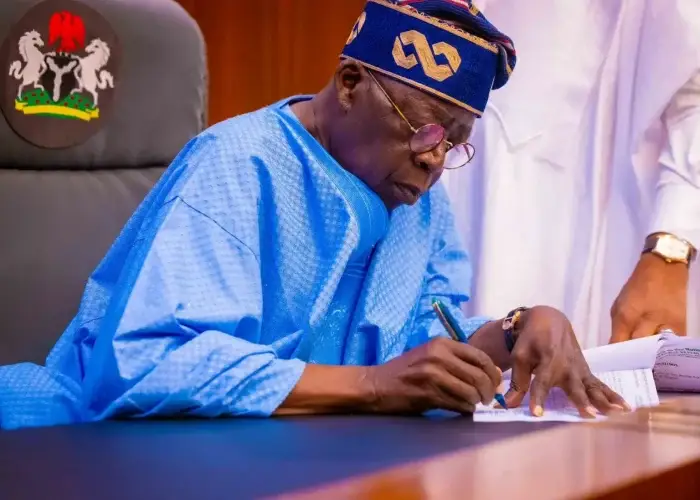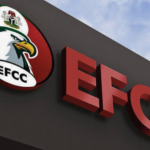
Nigeria: Tinubu’s Administration Allocates ₦6.7 Trillion for ‘Emergency Expenses’ in 2025 Budget, Raising Eyebrows

Civil society groups and economic analysts have heavily criticized President Bola Tinubu’s proposed budget for 2025. Many believe it fails to address Nigeria’s pressing needs and lacks transparency.
One of the most significant concerns is allocating funds to non-critical sectors. For instance, ₦280 billion has been allocated to the Ministry of Information and Culture, exceeding the ₦200 billion set aside for the Ministry of Health by ₦80 billion. This misalignment ignores urgent healthcare needs, particularly as the country struggles with public health challenges and poor infrastructure.
Another contentious issue is the ₦6.7 trillion proposed for the Service-Wide Vote (SWV), a notable increase from ₦4.4 trillion in 2024 and ₦3 trillion in 2023. The SWV is intended to cover unforeseen expenses but has a history of poor accountability. Of the proposed amount, ₦2.2 trillion is earmarked for personnel costs, while ₦1.2 trillion is allocated to overheads.
In 2021, the National Assembly described the SWV as the “biggest fraud in Nigeria” due to a lack of audits and transparency. Lawmakers lamented that no Ministries, Departments, or Agencies (MDAs) provided a detailed breakdown of how these funds are utilized. The increased allocation in 2025 does not seem to discourage unchecked spending. Additionally, recurrent expenditures already account for over 65 per cent of the total budget.
Several other aspects of the 2025 budget have raised concerns about the bloated structure of government and the absence of efforts to curb wasteful spending. Civil society groups and well-meaning citizens have flagged these anomalies. For example, over ₦7 billion has been allocated for State House vehicles, a substantial increase from ₦4 billion in 2024, despite promises to reduce governance costs. Another ₦1 billion has been set aside for the Presidential Enabling Business Environment Council, showing questionable spending priorities. NASENI received ₦298 billion without detailing any specific projects for 2025. The National Judicial Council’s ₦341.63 billion allocation also lacks transparency. Additionally, key government agencies such as NIMASA and the Nigeria Ports Authority are conspicuously absent from the budget.
Organizations like BudgIT and SERAP have condemned these irregularities and warned that they could worsen Nigeria’s fiscal challenges. They have called for a comprehensive budget review and urged lawmakers to address these issues before approval. The National Assembly is yet to give its verdict or approval.
Read More:
- National Grid Collapse Not Ending Soon — FG
- Kenya And Sudan Lead The Lineup For African Cinema At Sundance Film Festival 2025
About The Author
Related Articles
Asake Sets New Billboard Afrobeats Record as Chart Presence Grows
Asake has further cemented his place as one of Afrobeats’ most dominant...
ByWest Africa WeeklyJanuary 29, 2026Nigerians Lament PayPal’s Return as Old Wounds Resurface
PayPal’s reentry into Nigeria through a partnership with local fintech company Paga...
ByWest Africa WeeklyJanuary 29, 2026Tanzania Eyes Gold Sales as Aid Declines and Infrastructure Needs Grow
Tanzania is weighing plans to sell part of its gold reserves to...
ByWest Africa WeeklyJanuary 29, 2026Mali Tightens Grip on Explosives Supply With New Majority Stake
The Malian government has taken majority ownership of a civil explosives manufacturing...
ByWest Africa WeeklyJanuary 29, 2026












Leave a comment